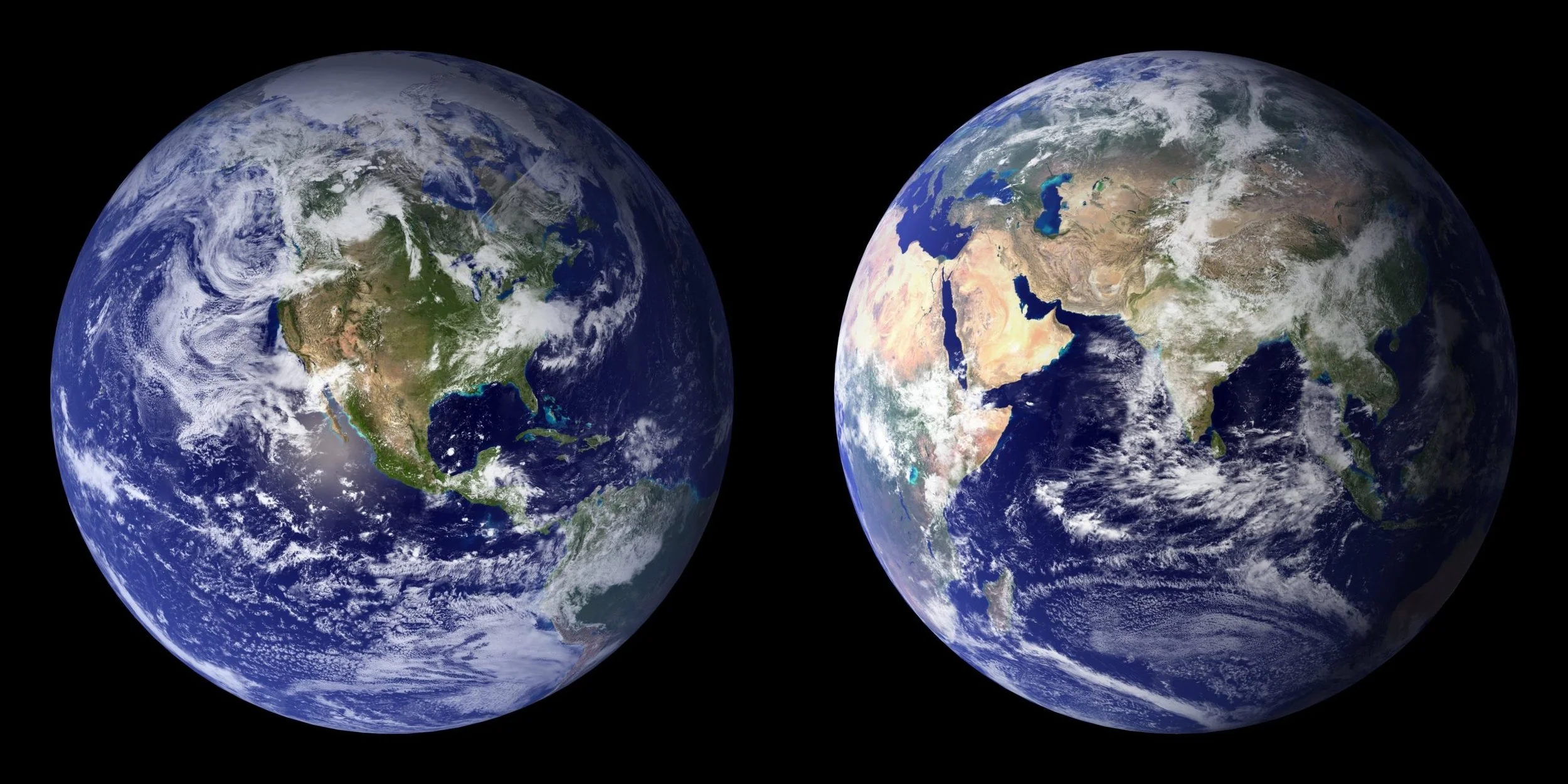On the Seventh Day
By Rabbi Pamela Gottfried
Passover preparations in our house begin on Rosh Hodesh Nisan and continue non-stop until the moment we begin the first seder. In 2020 and 2021, additional technological preparedness was required—including making sure our family who were quarantined outside of Metro Atlanta were able to join us on Zoom. But this year’s preparation took on a different flavor as I spent the last few weeks getting ready for the seventh day of Passover, which coincides with Earth Day.
When our children were younger, we participated in Earth Day celebrations at High Meadows School: composting, gardening, witnessing the shearing of the school’s sheep, and grooming the other farm animals that lived on campus. For more than a decade, our family was fully immersed in environmental education, living the 3 Rs on Earth Day and every day.
This year, in which we experienced an ongoing global pandemic, along with accelerating extreme-climate conditions around the world, I’ll observe Earth Day by encouraging family, friends, and colleagues to take action l’taken olam, to heal and restore our planet.
Researching its history, I learned that on the first Earth Day, April 22, 1970, twenty million Americans engaged in peaceful demonstrations to call for environmental reform. This secular holiday observance, a grass-roots effort, ultimately led to the bipartisan support and passage of the Clean Air Act (1970) and the Clean Water Act (1972).
Today Earth Day is observed by more than a billion people around the world. It’s a day for education and activism, a day to work together toward achieving tikkun olam. Tomorrow, I’ll observe Earth Day as a religious imperative, in synagogue, teaching Jewish texts about our responsibility to care for the planet.
While I spent countless hours preparing for our seder, a greater labor of love was collaborating with friends and colleagues from the Jewish Climate Action Network of Georgia (JCAN-GA) and the Atlanta Rabbinical Association to prepare resources for anyone who wants to teach about the convergence of these two holidays, Earth Day and the seventh day of Passover.
About the Author: Rabbi Pamela Gottfried - Believing the essential meaning of rabbi is “teacher,” Rabbi Pamela Gottfried (she/her) teaches at The Weber School, where she strives to help individual students reach their potential. Since her rabbinic ordination from the Jewish Theological Seminary in New York, she has taught students of all ages in churches, colleges, community centers, mosques, retreat centers, schools, summer camps, and synagogues. As an artist, she often incorporates creative expression and message-driven art in her teaching of teens and adults.A strong proponent of pluralism and innovation, Gottfried is a board member of Bayit, a collaborative community of clergy, liturgists, artists and educators that is committed to creating tools for Jewish life in the 21st century. She is an alumna of Clal's Rabbis Without Borders and LEAP fellowships, and a member of the Reconstructionist Rabbinical Association and the Clergy Advisory Group at MACoM: Metro Atlanta Community Mikvah. Deeply committed to social justice, Gottfried is an activist and volunteer in the LGBTQ community, working with SOJOURN and Georgia Equality, as well as an advocate for climate justice and a volunteer with JCAN-GA, the Jewish Climate Action Network of Georgia, a project of Georgia Interfaith Power & Light (GIPL). Gottfried is the author of Found in Translation: Common Words of Uncommon Wisdom, and is currently working on a collection of creative nonfiction that includes stories and poems about her 25+ years as a parent and rabbi. Follow her blog by clicking here.

